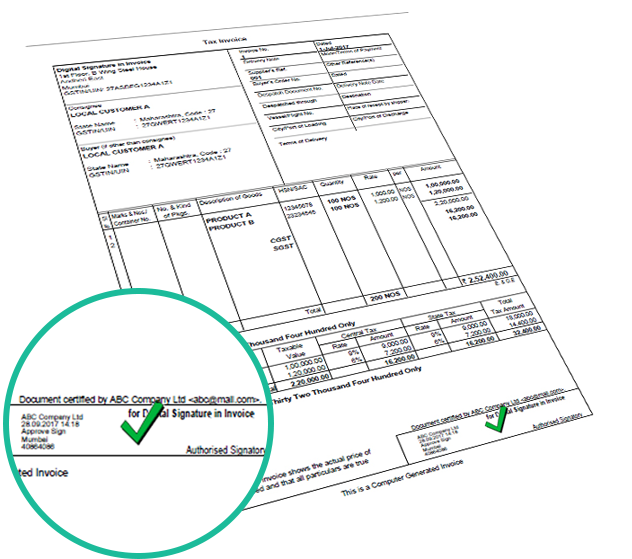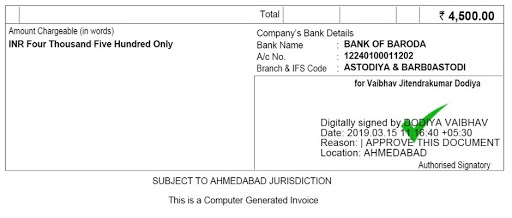Digital Signature
Digital signatures employ asymmetric cryptography. In many instances they provide a layer of validation and security to messages sent through a non-secure channel: Properly implemented, a digital signature gives the receiver reason to believe the message was sent by the claimed sender. Digital signatures are equivalent to traditional handwritten signatures in many respects, but properly implemented digital signatures are more difficult to forge than the handwritten type. Digital signature schemes, in the sense used here, are cryptographically based, and must be implemented properly to be effective.
Security
Digital signatures can also provide non-repudiation, meaning that the signer cannot successfully claim they did not sign a message, while also claiming their private key remains secret. Further, some non-repudiation schemes offer a time stamp for the digital signature, so that even if the private key is exposed, the signature is valid.

